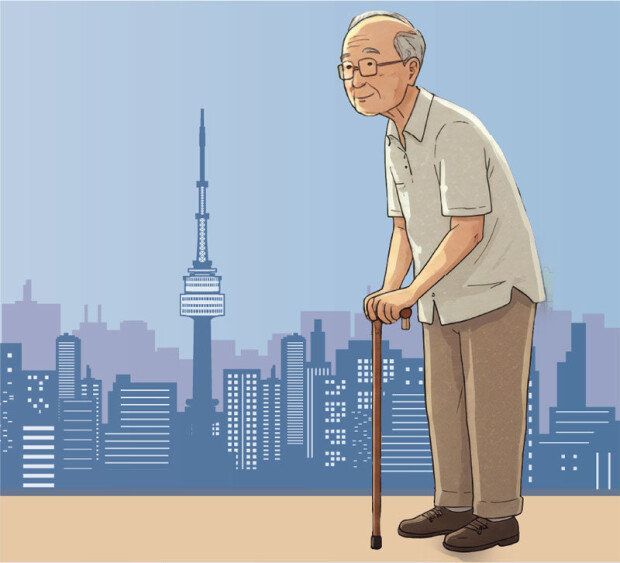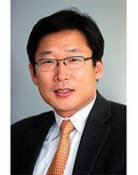South Korea becomes super-aged society
South Korea becomes super-aged society
Posted December. 25, 2024 07:47,
Updated December. 25, 2024 07:47

South Korea has officially become a super-aged society, with people aged 65 or older accounting for more than 20% of the total registered population, only seven years from 2017 when Korea became an aging society.
According to the Ministry of Public Administration and Security on Tuesday, the number of registered residents aged 65 or older in Korea was 10,244,550 as of the previous day, exceeding 20.0% of the total registered resident population (51,221,286). It has been approximately seven years and four months since Korea became an aged society, with the ratio of the elderly reaching 14.02% in August 2017. It took 17 years for Korea to become an aged society since it became an aging society in 2000. According to the United Nations, a society is classified as aging if the population aged 65 or older accounts for more than 7% of the total population, an aged society if it the elderly population exceeds 14%, and as a super-aged society if it is higher than 20%.
The proportion of the registered resident population aged 65 or older in Korea increased from 10.02% in 2008 to 14.02% in 2017, rising approximately 1 percentage point every year since, reaching 15.06% in May 2019, 16.06% in July 2020, 17.02% in December 2021, and 18.02% in December 2022. The elderly population, which accounted for 9,775,810 of the total resident registration population of 51,313,912 in January of this year, exceeded 10 million on Monday.
By gender, 4,546,287 men (17.8%) and 5,698,263 women (22.2%) were aged 65 or older. The proportion of elderly women was 4.4 percentage points higher than that of men.
이소정 기자 sojee@donga.com







